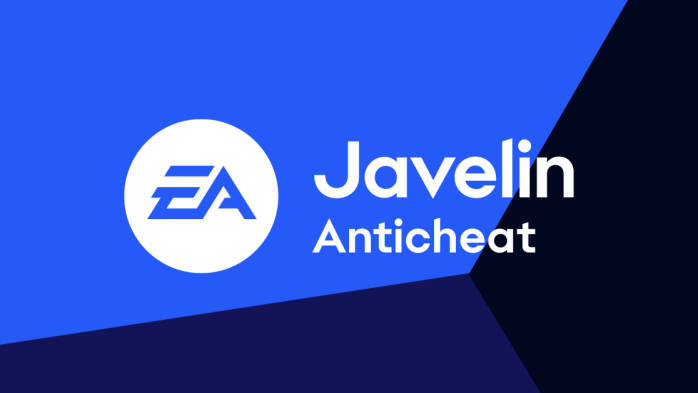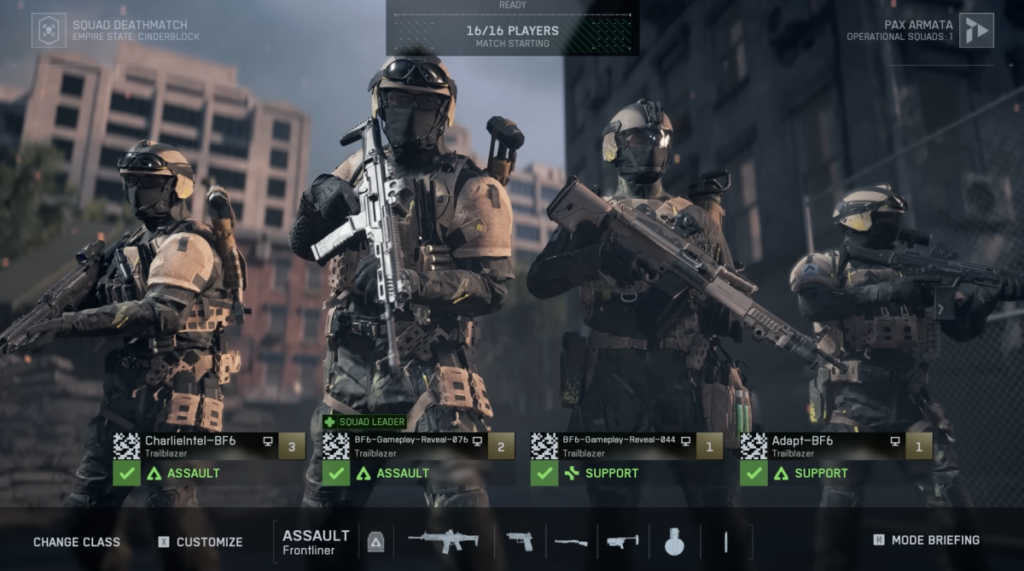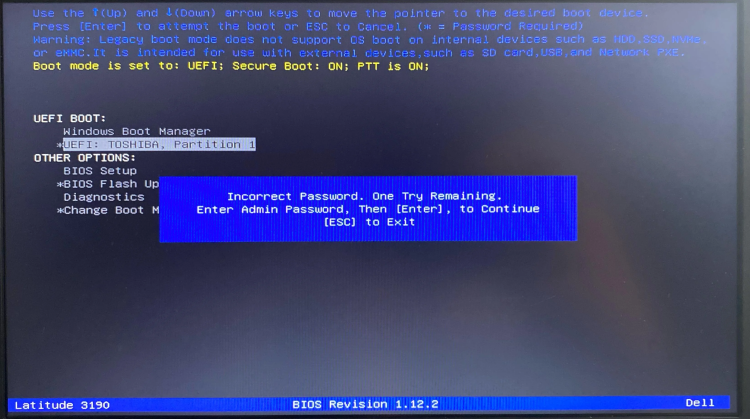Built To Frag editors select and review products independently. If you buy through our affiliate links, we may earn commissions, which help support our Testing and keep the site up.
Advertisement
Advertisement
Advertisement

Updated October 2025: This article reflects the latest rollout of Battlefield 6’s Javelin anti-cheat system, EA’s follow-up security notes, and ongoing player feedback.
Battlefield 6 Javelin Anti Cheat isn’t pulling any punches. EA’s new kernel-level system promises fairer matches and fewer aimbots, but it also digs deep into your PC, sitting side by side with your antivirus, or a rootkit if you’re feeling dramatic. The update raises one big question: did EA fix cheating, or just trade it for surveillance?

Javelin is EA’s in-house kernel-level anti-cheat built for Battlefield 6. It runs with the highest possible privileges, granting direct access to your operating system, drivers, and hardware-level processes, the same tier used by Riot’s Vanguard and some Windows services.
That means it isn’t just scanning game files; it’s watching everything from the ground up. After quiet testing in Battlefield Labs, Javelin will now ship as default in Battlefield 6.
According to PC Gamer, EA’s security team designed Javelin to detect cheats running at kernel level, a “fight fire with fire” approach that’s both efficient and controversial.

Reddit lit up within hours of the announcement, with players comparing Javelin to Riot’s Vanguard, infamous for running before Windows boots and refusing to quit quietly. Posts like “I’m skipping Battlefield 6 because of Javelin” quickly climbed the charts.
Gamers remember the Vanguard uproar, and “is Riot Vanguard safe” still trends monthly. The déjà vu is real, only now, it’s EA in the hot seat. Forums and subreddits are already dissecting every line of Battlefield 6’s Javelin anti cheat policy, pointing out how vague EA has been about what data it collects and when it runs. Some players argue that if it works as promised, it’s a fair price for balanced matches, others see it as another case of corporate overreach disguised as security. The debate isn’t just about cheating anymore; it’s about how much control we’re willing to give up for a clean leaderboard.

Cheating in FPS games is out of control. Battlefield 2042 drowned in wall hacks and aimbots, Warzone built a YouTube genre around them, and even Fortnite’s ban waves barely scratch the surface.
Developers argue kernel-level tools are the only defense against cheats that load before the game does. Riot proved the model works — Valorant’s cheating rate plummeted after Vanguard launched. But not every solution has to tunnel into your system. Sometimes smart design is enough, like how FragPunk’s latest update rebalances gameplay without digging into your BIOS.
EA clearly decided it was done playing catch-up, Javelin is their opening salvo in an arms race they don’t plan to lose.

So here’s the real question: should Battlefield 6 require kernel-level access by default, or should it be opt-in for competitive play? Transparency matters, Riot at least gave players uninstall tools and clear documentation. EA hasn’t.
If you’re worried about data safety, check our guide on what to do after a data leak. Kernel-level software, once compromised, can expose credentials, chat logs, and system info, and that’s not paranoia, that’s precedent.
The issue isn’t just about trust; it’s about accountability. Once Battlefield 6’s Javelin anti cheat is active, players have zero visibility into what it’s doing, what it collects, or how long it runs after closing the game. Riot’s Vanguard faced the same backlash, but at least it offered transparency reports and system prompts. EA’s approach so far? A single blog post and radio silence.
That silence is what’s making players nervous. Kernel-level systems can be brilliant when well-managed, but one misstep, one exploit, or one bad patch, and you’ve turned your anti-cheat into an open backdoor. And unlike a simple client-side tool, this isn’t something you can just delete from your Steam folder.
Gamers aren’t asking for miracles, just options. Let ranked and pro-level matches use the full Javelin suite, but give casual players the choice to keep their system clean. Because right now, Battlefield 6’s anti-cheat feels less like protection and more like permission — for EA to sit right at your kernel and stay as long as it wants.

| System | Kernel-Level? | Uninstallable? | Known Issues |
|---|---|---|---|
| Javelin (Battlefield 6) | Yes | Unknown | Privacy fears, no opt-out |
| Vanguard (Valorant) | Yes | With reboot | Blocked drivers, high resource use |
| Battleye (PUBG, Arma) | Sometimes | Yes | Performance impact |


Would you rather tolerate a few cheaters or give EA root-level access to your system? Because that’s the trade on the table.
I’m all for fair matches, but I also want transparency when a developer pokes around my kernel. Javelin’s intent is good; its communication isn’t. Balance matters.
For more on live-service updates shaking up the meta, check our Best Live Service Game Updates pillar, plus cluster stories on Diablo 4 Season 9 Buffs, Red Dead Online Undead Missions, and FragPunk Season 2 Update.
Javelin might finally curb cheaters, but it also reminds us how thin the line is between protection and intrusion. When anti-cheat tools need root access, players deserve root-level honesty in return.
Battlefield 6 could set a new bar for competitive integrity… or a new precedent for privacy overreach. Either way, the next battle isn’t online, it’s on your PC.
Advertisement
Advertisement
Advertisement
A high-end, no-nonsense guide to building the best 4K gaming PC without wasting money. Learn where real performance peaks and…
No GPU? No problem. These FPS games run on integrated graphics, office PCs, and older hardware, plus tips to squeeze…
This is your no-nonsense breakdown of Power Supplies Explained Wattage, Efficiency And Safety in plain English. No guesswork, no marketing…
Tired of free shooters that turn your PC into a space heater? These lightweight FPS games run smooth on weak…
Built to Game. Engineered for Tech. Your hub for the latest in Games, guides, and Gear.
News and special offers in your Inbox!
You have successfully joined our subscriber list.
©2019. Built To Frag. All Rights Reserved.
NB! BuiltToFrag is a participant in the Amazon Services LLC Associates Program… Also This site uses cookies from Google to deliver its services and to analyze traffic. Information about your use of this site is shared with Google. By using BuiltToFrag.com, you agree to its use of cookies. Learn more. .